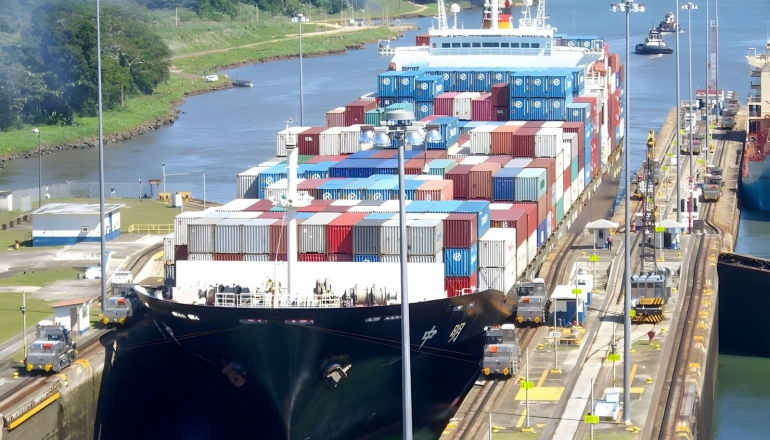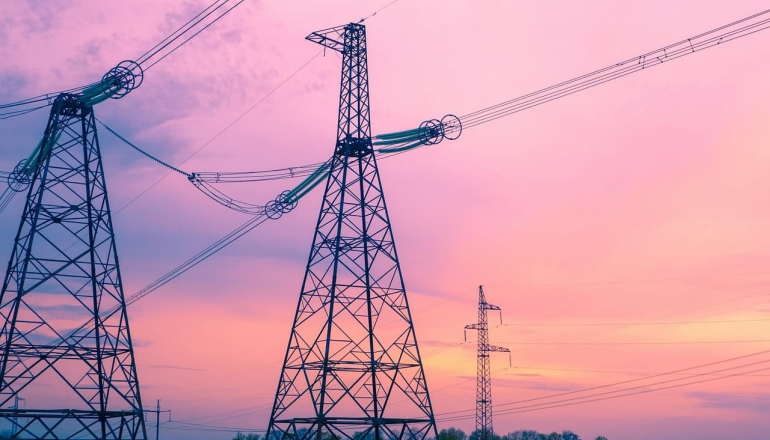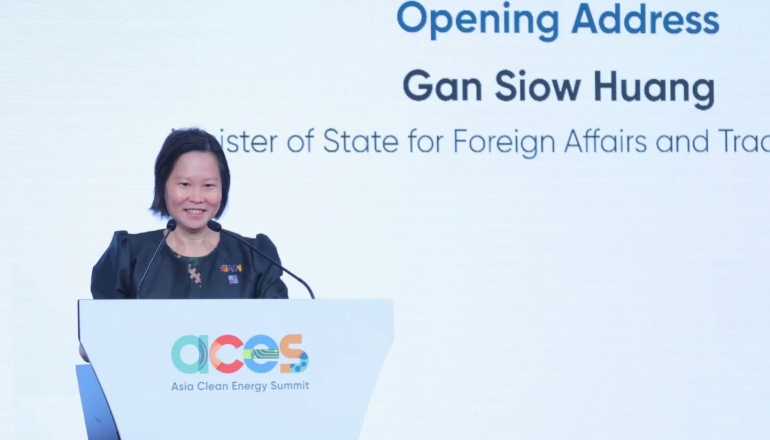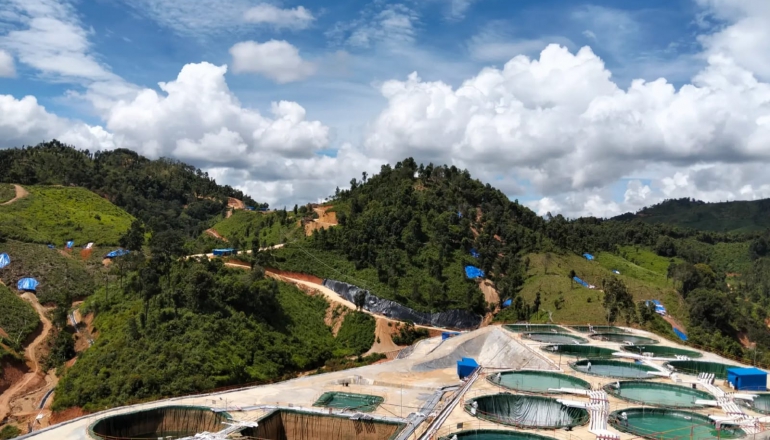Brazilian lithium pitched as ‘carbon neutral’ relied on offset project linked to deforestation
A Canadian miner’s supposed ‘green lithium’ shipments used carbon credits stemming from Amazonian offsetting project now suspended amid a federal investigation.
November 04, 2025










